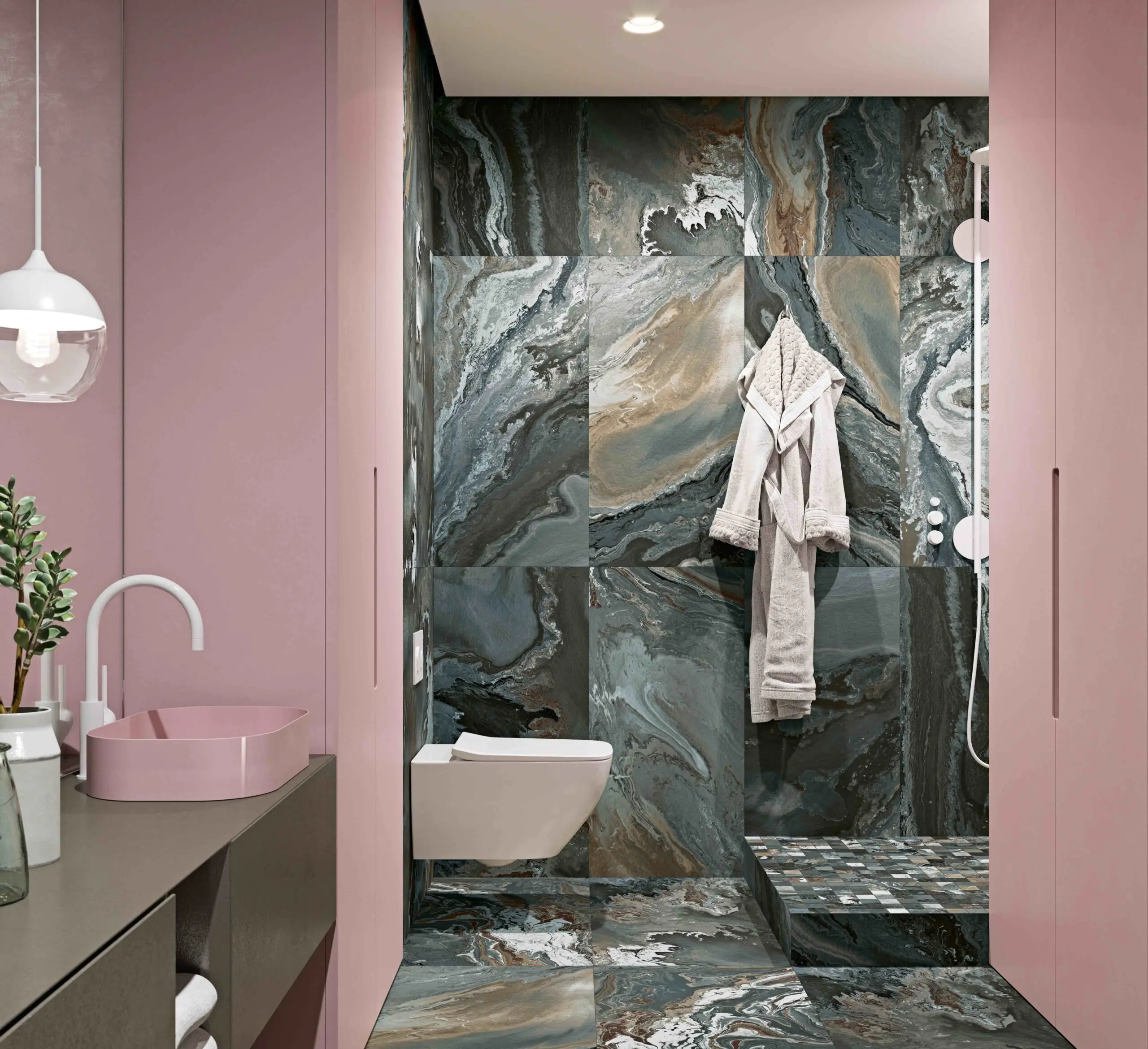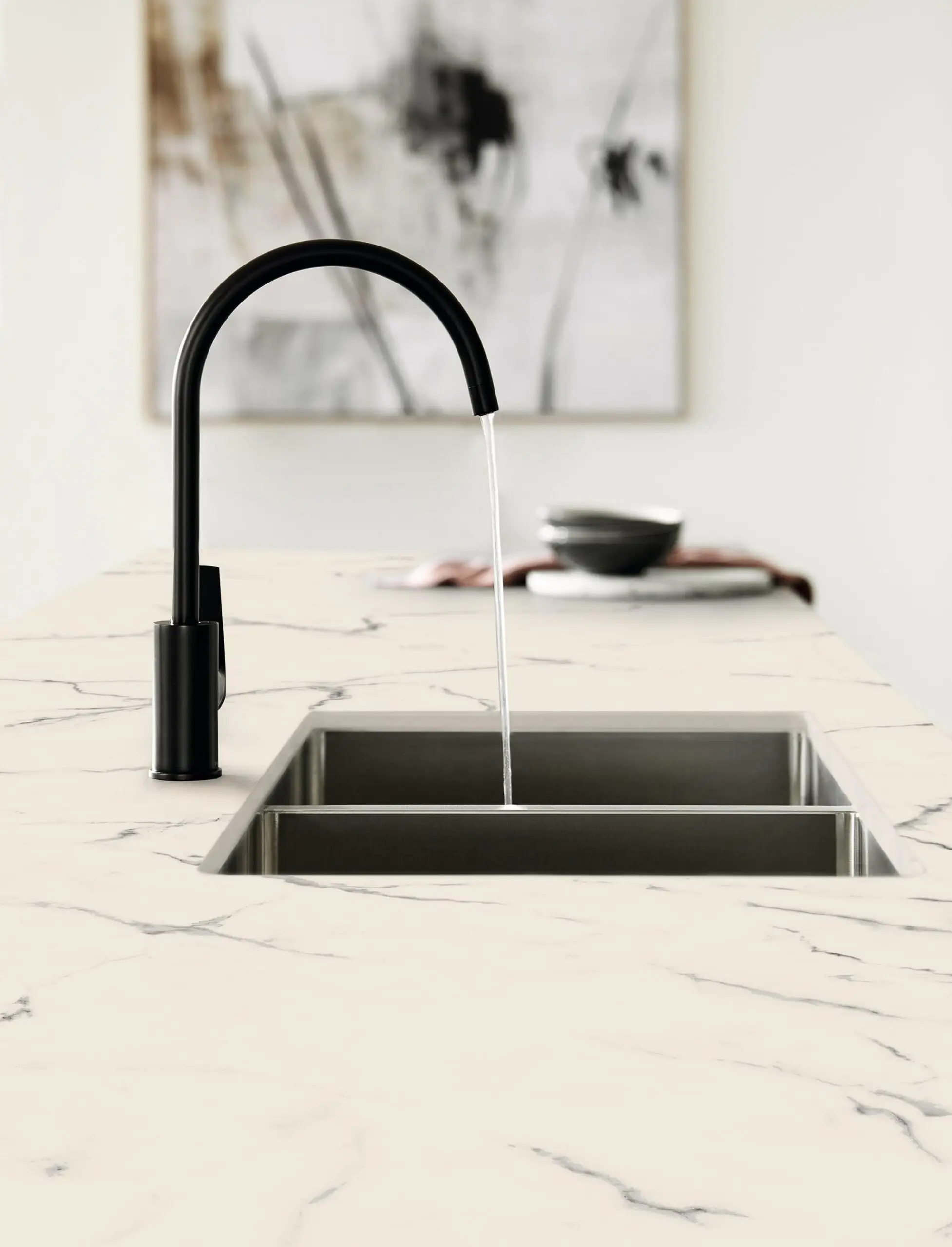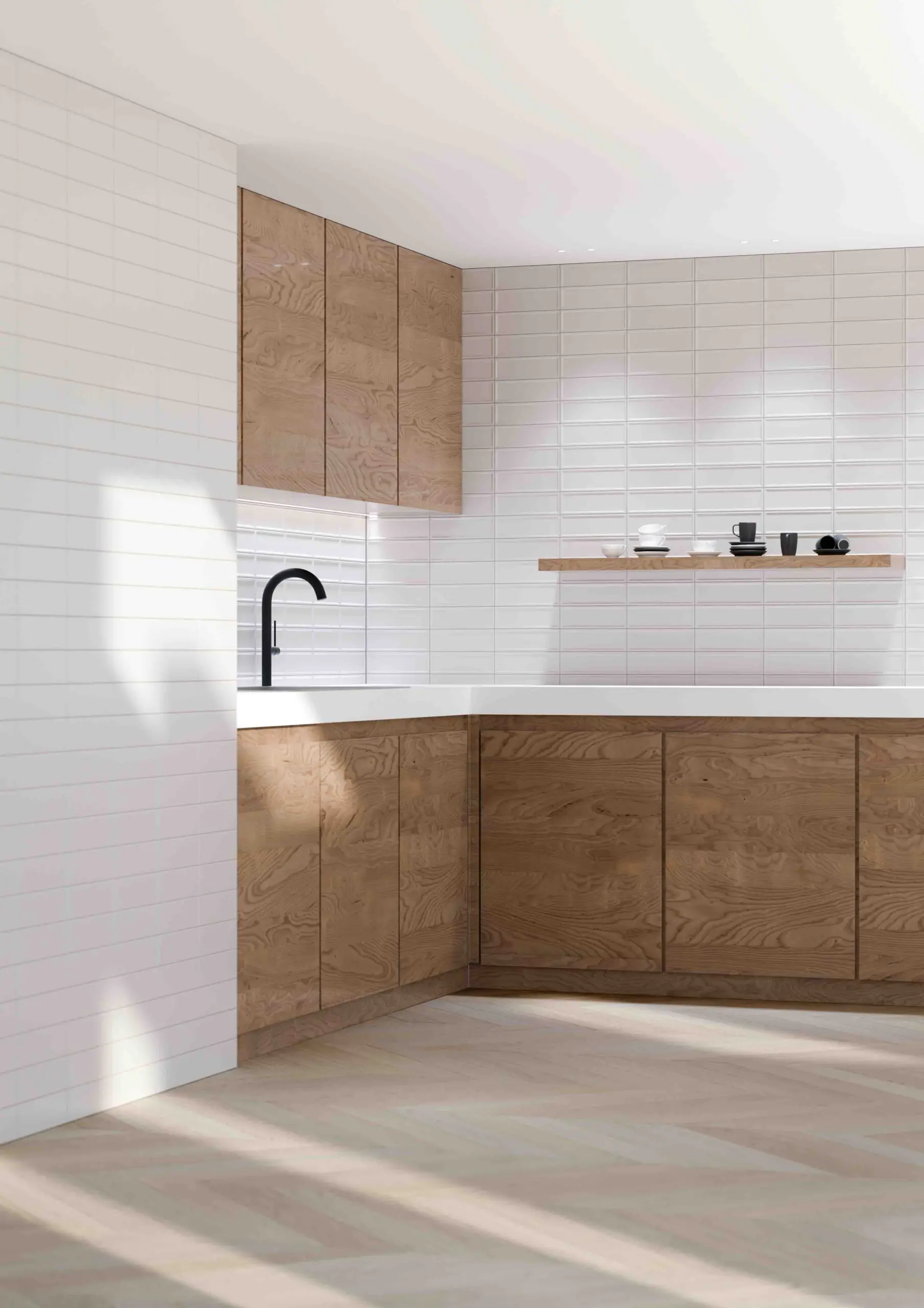Ways to Be More Sustainable
The Tile Association is committed to helping its members and the wider industry tackle the issues where the tiling sector needs to improve its sustainability position.
View Sustainability Overview
The Tile Association is committed to helping its members and the wider industry tackle the issues where the tiling sector needs to improve its sustainability position.
See how TTA members are committing to sustainability and take action!
ASCER and Confindustria Ceramica have shared campaigns to promote sustainability in the ceramic tile industry. These campaigns focus on highlighting the efforts of tile manufacturers to implement environmentally friendly practices, improve energy efficiency, and reduce their carbon footprint. The aim is to help retailers and distributors better understand the sustainability credentials of the products they are purchasing and selling.
As a reminder, TTA has always encouraged its members to use responsible sourcing practices when importing tiles from overseas. Read more.
The choices companies make today can significantly impact the future of our planet. As consumers become more environmentally conscious, it is essential for businesses to prioritise sustainability. By becoming more sustainable, businesses benefit by enhancing their image in the eyes of customers, improving the management of resources and reducing energy costs.
The following provides some ways that your business can commit to more sustainable methods and practices.

Practising sustainable energy means finding ways to reduce and reuse energy, as well as switching to more environmentally friendly, renewable energy sources.

Measure and reduce electricity consumption
Use energy saving devices - e.g. LED lighting, auto on/off switches
Off-set your energy - e.g. by installing PV solar panels
Change to a renewable energy supplier

Measure and reduce gas consumption
Use heating and energy saving materials - insulation, cold air excluders, efficient serviced gas boilers
Recycle wasted heat - e.g. heat source pumps, co-generation
Change to a renewable energy supplier
Sustainable manufacturing accounts for environmental impact throughout the life cycle of a tiling product, from its materials and how it is handled through to the management of any waste that you produce.

Measure and reduce the amount of waste you produce
Design tile layouts to reduce off-cuts
Filter and clean dirty installation water: throw away cleaner water, recycle the dirty waste
Separate waste as required by your commercial service provider, so more can be recycled and less goes to landfill
Use commercial recycling waste and refuse services
Organise 'take back' schemes for customers

Reuse, repair and recycle products and materials, saving resources and energy
Use sustainable products and materials - ask for an Environmental Production Declaration (EPD) or a product's Lifecycle Assessment (LCA), and buy from factories with a recognised Environmental Management System (EMS), such as ISO 14001
Avoid hazardous ingredients or Volatile Organic Compounds (VOC) - ask for a Health Product Declaration (HPD)

Measure and reduce the amount of packaging you use
Use recyclable and recycled materials. Recycle packaging waste, separate as required by your local commercial service provider
Renew or repair pallets and crates
Separate waste tiles from other building materials
Sustainable transportation means taking into consideration the effects of your mode of travel on the environment, whether its moving goods or people.

Have full lorry load policies (46% better than an average laden lorry)
Use train and sea freights (the carbon footprint is 3.8x better by train and 6.7x better by sea than by lorry)
Avoid air transport (5x worse than an average laden lorry)
Buy and use locally

Use fuel efficient company vehicles, and switch to electric when buying new
Use public transport
Have online meetings
Find out if there is local business support or grants for sustainability services. Take advantage of the ways that your business can benefit from improving its sustainability impact. Have a sustainability policy and mission, and set some goals. Get assessed and audited to be awarded an Environmental Management System by a recognised EMS organisation. Stay up-to-date with environmental laws and regulations.